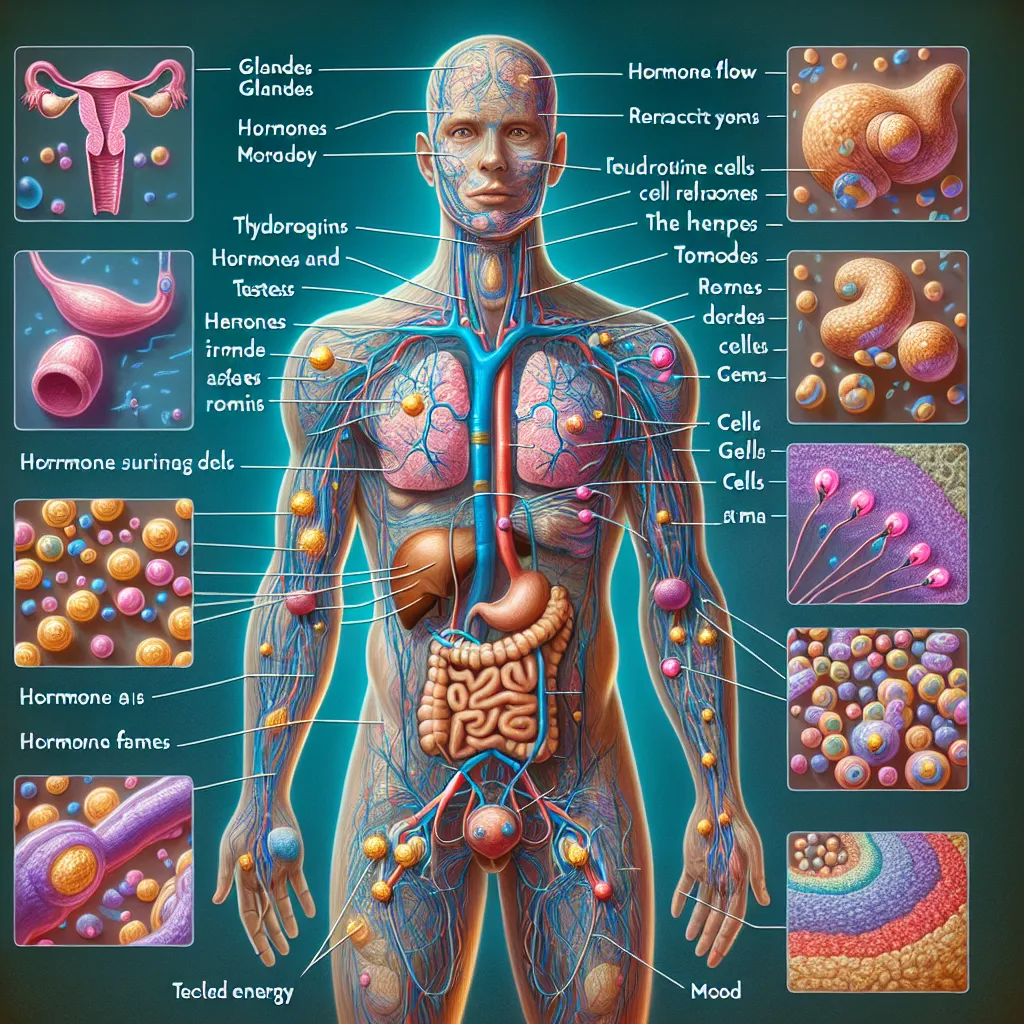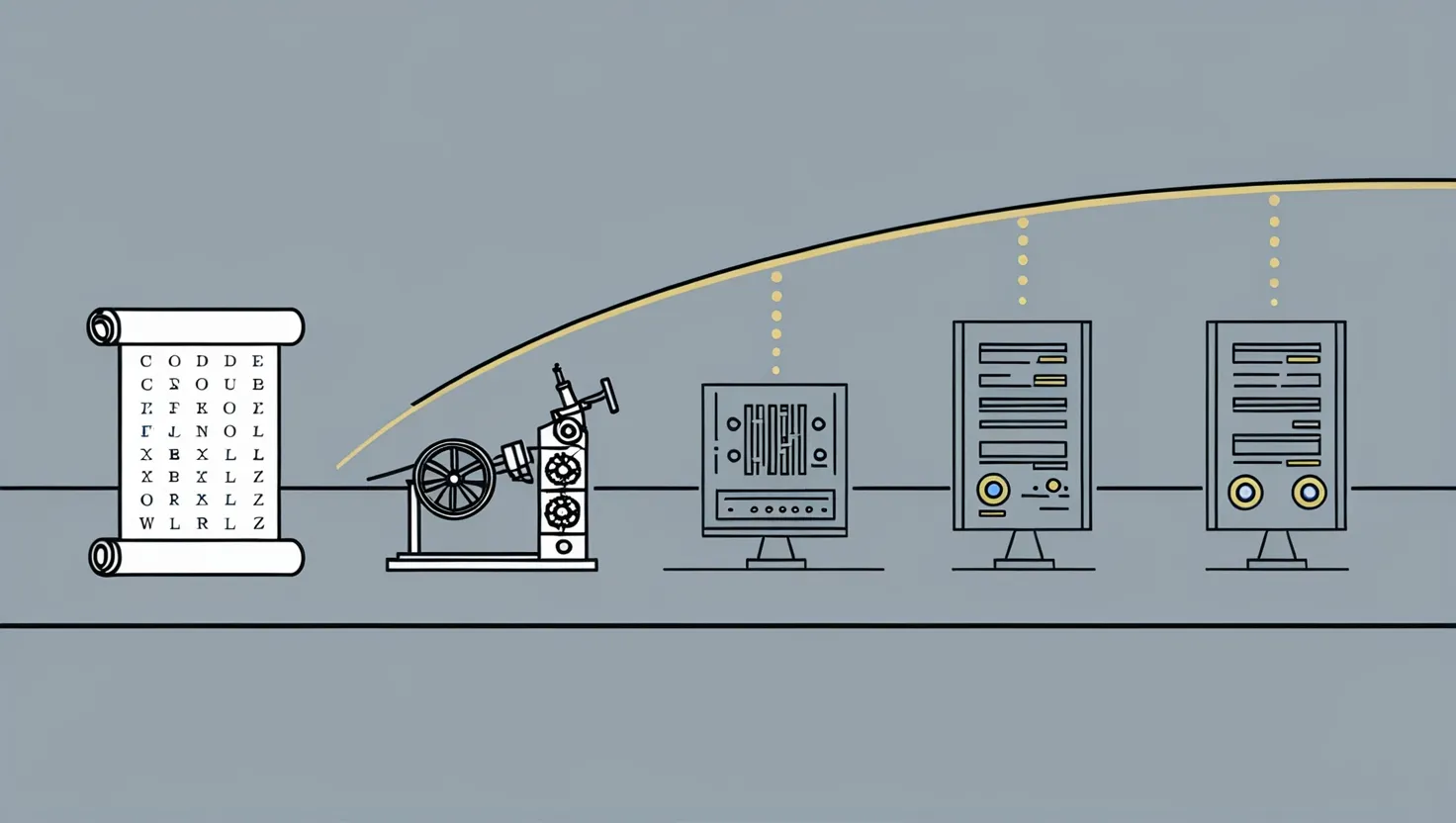Heading off on a vacation to escape the daily grind sounds like a dream, right? We often fantasize about teleporting to Paris or Sydney to meet friends. However, actual physical teleportation remains light-years away due to the constraints of physics. But ever-evolving technology offers us a tantalizing alternative: virtual teleportation.
We’re in the midst of an incredible technological era, where our digital interactions are skyrocketing. A 2021 study revealed that Americans spend over three hours daily on social media, with Brits logging over 13.5 hours a day in front of a screen. Considering we sleep about seven hours a day, it leaves only a few hours where we’re actually not glued to a screen.
As our lives increasingly shift online, it’s not too far-fetched to envision a future where the metaverse becomes integral. But what exactly is the metaverse? Think of it as a virtual world, much like the physical universe but beyond its constraints. This term was first coined by Neil Stephenson in his 1982 novel “Snow Crash” and has evolved to represent a virtual extension of our reality.
The gaming world has significantly contributed to the development of the metaverse, creating immersive environments using virtual reality (VR). If you’ve ever used a VR headset, you know what this entails: stepping into a different world while physically staying in your living room.
Take for instance a VR headset allowing you to board a fantasy spaceship with friends, or enabling students to perform virtual chemistry experiments safely. Imagine aspiring doctors practicing surgery in a virtual setting before doing it for real. The possibilities seem endless!
But there’s more. Augmented Reality (AR) blends the virtual with the real. Remember the Pokemon Go craze? That’s AR in action. Apps like Ikea Place let you visualize how furniture fits in your home before buying it. More sophisticated AR applications could revolutionize fields from gaming to business meetings.
With all these perks, we can’t overlook some downsides. Creating virtual worlds requires substantial hardware, which poses environmental concerns. There are social and psychological implications too. Social media, despite its global connectivity, has increased loneliness and mental health issues.
Privacy is another huge concern. Interacting in a metaverse raises questions about the true identity of avatars and data privacy. Companies like Facebook monetize user data, and a metaverse could give them unprecedented access to our personal information.
Despite these challenges, history shows our eagerness to embrace technology that makes life easier or more enjoyable. The personal computer, the internet, and now, potentially the metaverse, all fit this pattern. We may soon be virtually teleporting to a Hawaiian beach or living out fantastical adventures, provided we manage the environmental and social costs responsibly.
In conclusion, while the metaverse promises remarkable advancements, we must tread carefully to ensure it enhances rather than diminishes our world. As we journey into this digital frontier, let’s ensure we don’t lose touch with the tangible universe we call home.






